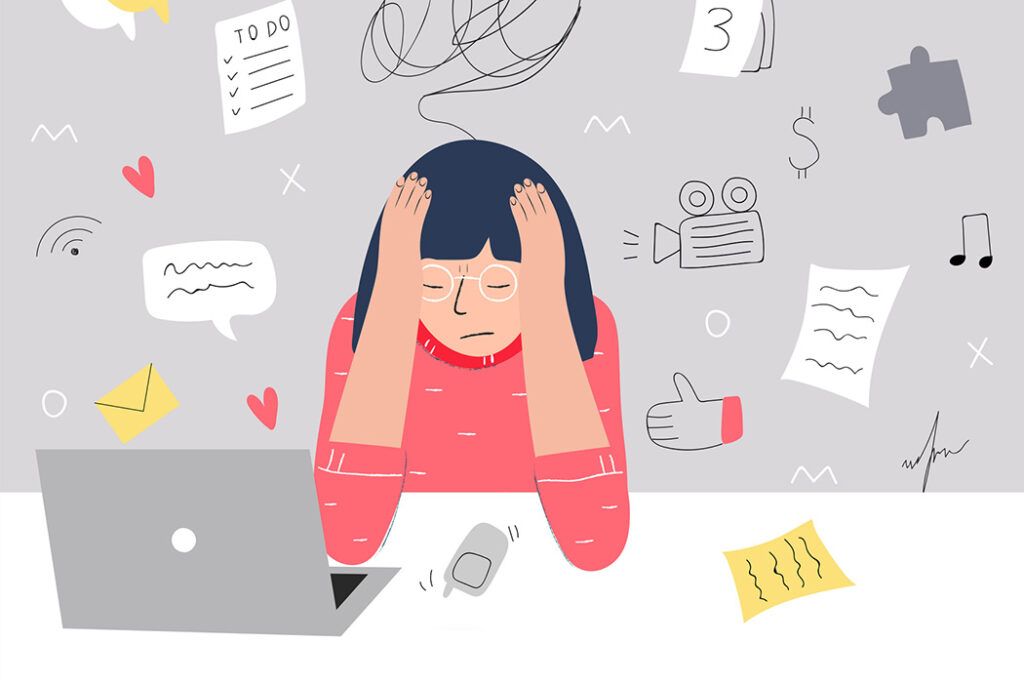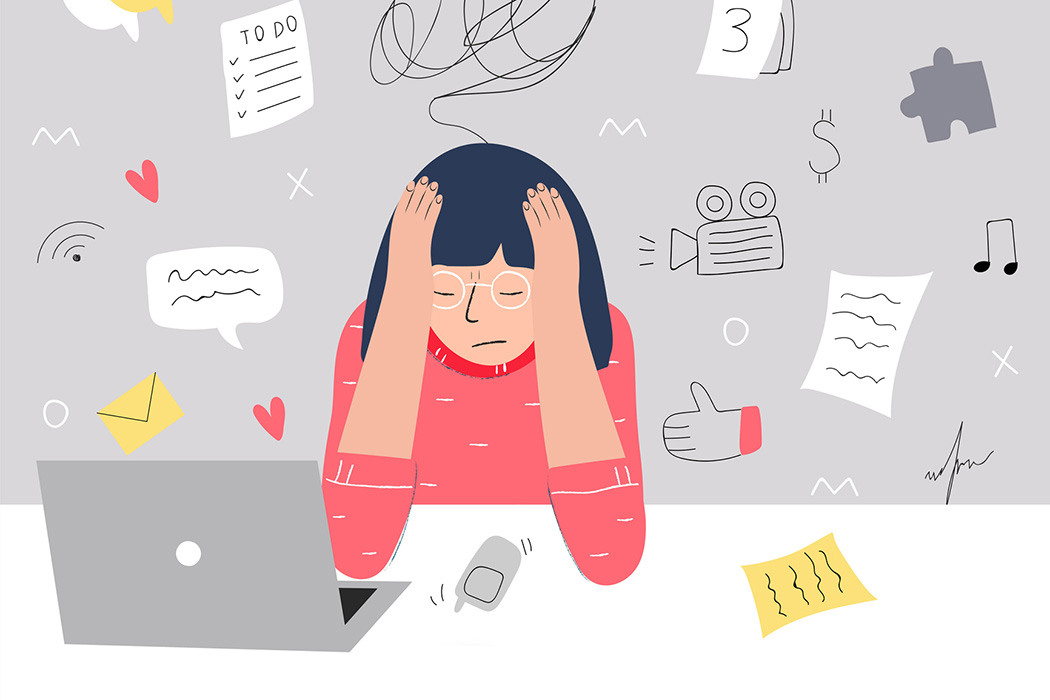
If you have a child who has been diagnosed with ADHD, then you know how difficult it can be to manage day-to-day life. There are many things that you can do to support your child and make life a little bit easier for both of you. In this blog post, we will discuss 10 tips on how to support a child with ADHD. Keep reading for helpful advice and information! Let’s get started!
Tip #1: Get organized
This is important for both you and your child. Having a set routine and sticking to it as much as possible will help to minimize chaos and confusion. Create a daily schedule and post it in a visible place. Try to keep activities consistent from day-to-day so that your child knows what to expect.
Tip #2: Encourage positive reinforcement
When your child behaves in the way that you want them to, be sure to praise and encourage them. This will help to reinforce desired behavior and encourage them to do it more consistently. You can use verbal praise, stickers, or other small rewards to show your child that you are pleased with their behavior.
Tip #3: Be patient & Pick Your Battles
This is easier said than done, but it is important to try to remain patient with your child. They are not acting out or misbehaving on purpose and getting frustrated will only make the situation worse. Try to take a deep breath and compose yourself before responding to difficult behavior in a way that may be impulsive and non-constructive.
Tip #4: Create visual aids
If your child is struggling with following verbal instructions, try using visual aids to help them out. This could be in the form of a picture chart or written list. Having a visual representation of what they need to do can be very helpful for children with ADHD. This works because it allows them to see what they need to do, rather than just trying to remember it which can help them conceptualize desirable behavior patterns easier.
Tip #5: Give short & concise instructions
When giving your child instructions, be sure to keep them short and to the point. This will help to avoid overwhelming them and causing them to tune out or become frustrated. This can be done by doing your best to stick to one task or request at a time. Also improving clarity and your communication about what it is that you want them to do can be helpful as well.
Tip #6: Use a timer
If your child is struggling with completing tasks or sitting still for long periods of time, try using a timer. This will help to break down the task into more manageable chunks and provide a visual representation of how much time they have to complete it. You can also use a timer to let them know when it is time for a break. This can be helpful in preventing meltdowns or tantrums or in the long-run any forms of burnout.
Tip #7: Get moving and Get Sensory
Many children with ADHD tend to have excessive levels of energy and have a hard time sitting still for long periods of time. It is important to provide opportunities for your child to release this energy in a positive way. Try to incorporate physical activity into your child’s daily routine. This could be in the form of a short walk, playing outside, or participating in a structured activity such as sports. Also having cognitive games like puzzles, building blocks, magnets etc. can help calm your child and channel their energy into a mental task. Also using sensory items like playdough, slime, water or sand tables can also help stimulate focus and sensory feelings that can help manage ADHD.
Tip #8: Limit screen time
Screen time can be very stimulating for children with ADHD and can make it difficult for them to focus on other tasks. It is important to limit the amount of time your child spends in front of a screen. This includes television, computers, tablets, and phones. You should also avoid having screens in your child’s bedroom so that they are not tempted to use them when they should be sleeping.
Tip #9: Make Sure Your Child Gets Enough Sleep
Sleep is very important for everyone, but it is especially important for children with ADHD. Lack of sleep can exacerbate symptoms and make it more difficult for children to focus and concentrate. It is important to establish a bedtime routine and make sure that your child is getting enough sleep each night. Depending on your child’s age here are some recommended sleeping hours according to Kids Health:
- Infants (4–12 months: 12–16 hours, including naps
- Toddlers (1–2 years): 11–14 hours, including naps
- Preschool (3–5 years): 10–13 hours, including naps
- School-age (6–13 years): 9–12 hours
- Teens (14–17 years): 8–10 hours
Tip #10: Seek Professional Help
If you feel like you have tried everything and your child is still struggling, it may be time to seek professional help. There are many resources available to families dealing with ADHD. Talk to your child’s doctor or a mental health professional to see what options are available to you. At Cedarway Therapy we offer ADHD Diagnosis Ontario services and have professional child psychologists who can help. Contact us today and schedule a free consultation with us.
Thanks For Reading!
We hope this article was helpful. For more info, feel free to check out some of our other blog posts down below!
- How to Study When Depressed
- 6 Things to Value That Can Improve Mental Health
- Dealing with Emotions After Divorce
- 5 Ways Stress Affects the Brain
- 10 Ways of Bringing Mindfulness in Your Day
- Am I Introverted or Depressed
- 9 Ways on How to Cope with Mom Guilt
- 9 Tips to Cope With Losing a Loved One
- 10 Tips to Recover From Being Emotionally Drained
- How to Prepare for Your First Couples Counselling Session
- 10 Tips to Help You Deal With Stress from Work
- Does an Adult Need a Psychoeducational Assessment
- What Do Psychologists do to Test Their Theories
- 6 Tips on How to Find a Good Psychotherapist





